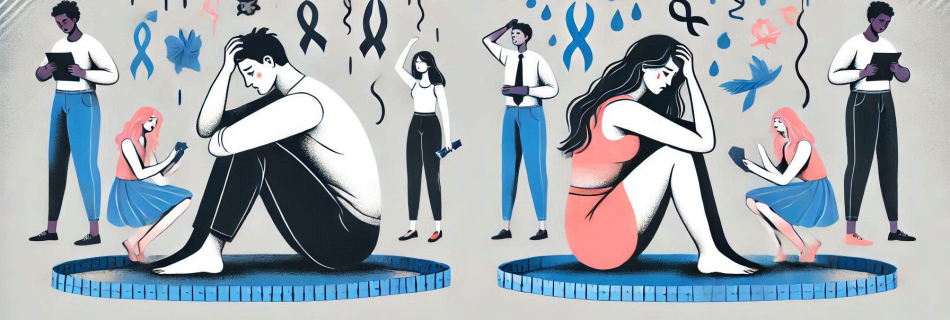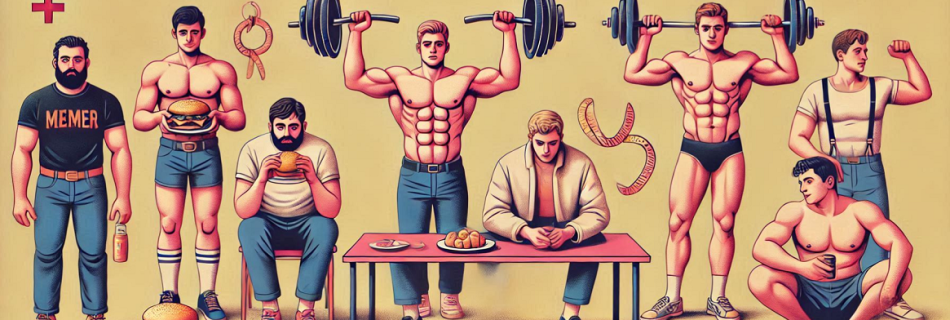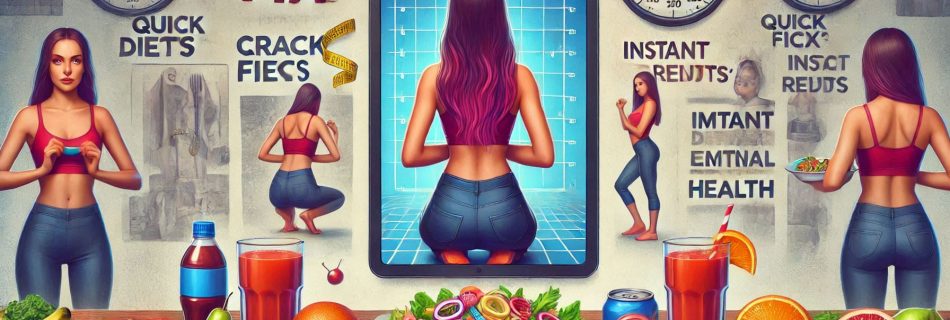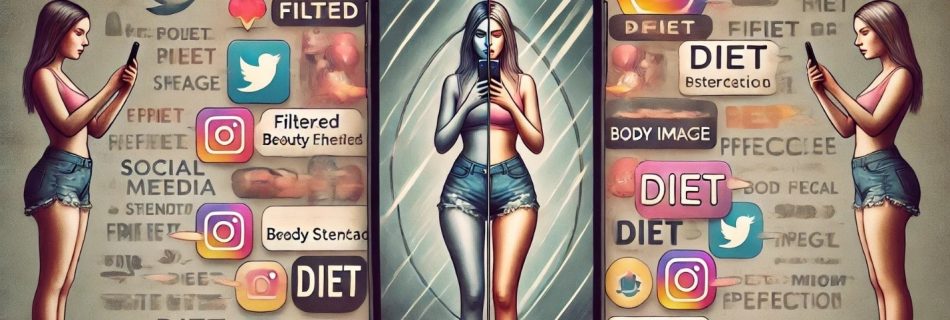Women vs. Men: Why Are Women More Likely to Be Diagnosed with Depression and Anxiety?
Depression and anxiety disorders are among the most common mental health conditions globally, with women being disproportionately affected. According to the World Health Organization (WHO), mental health disorders are rising worldwide, and women are more likely to be diagnosed with depression and anxiety than men. This gender disparity is the result of a combination of …
Read more “Women vs. Men: Why Are Women More Likely to Be Diagnosed with Depression and Anxiety?”









